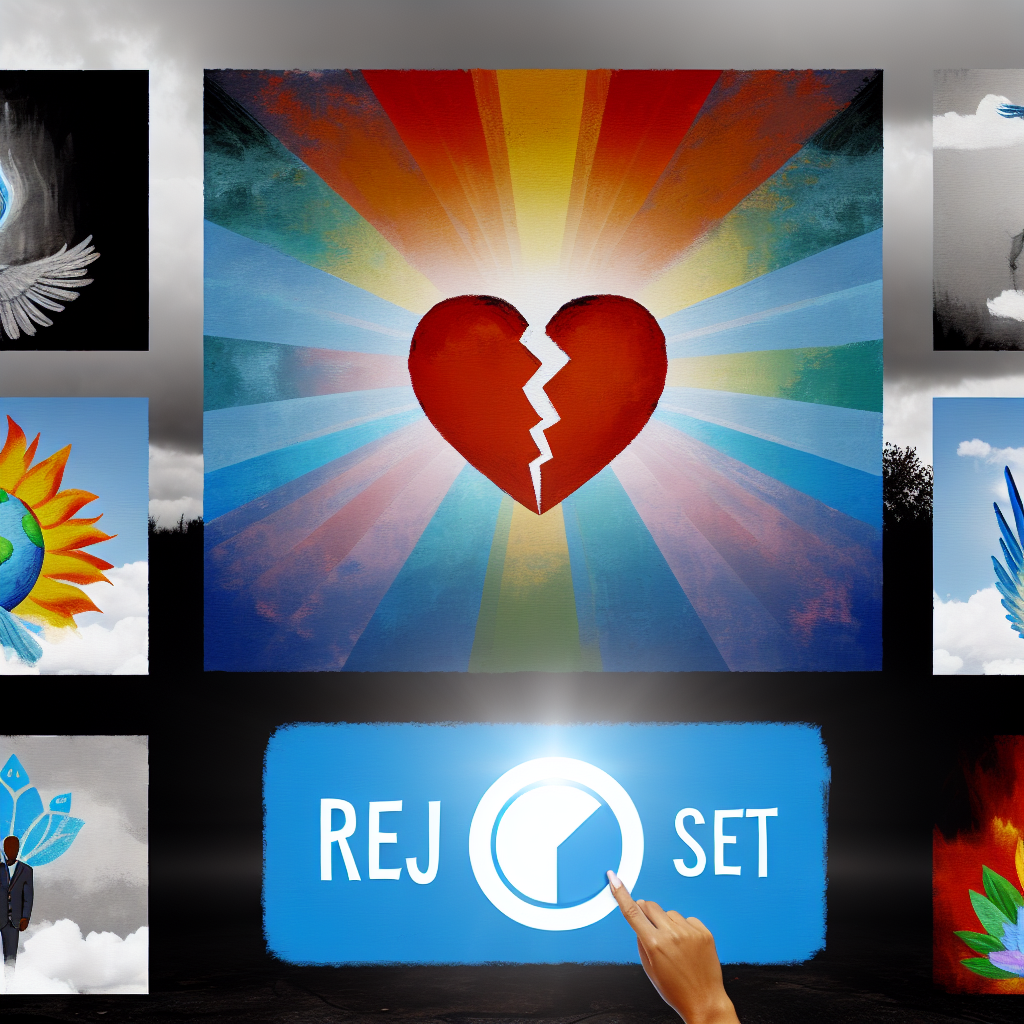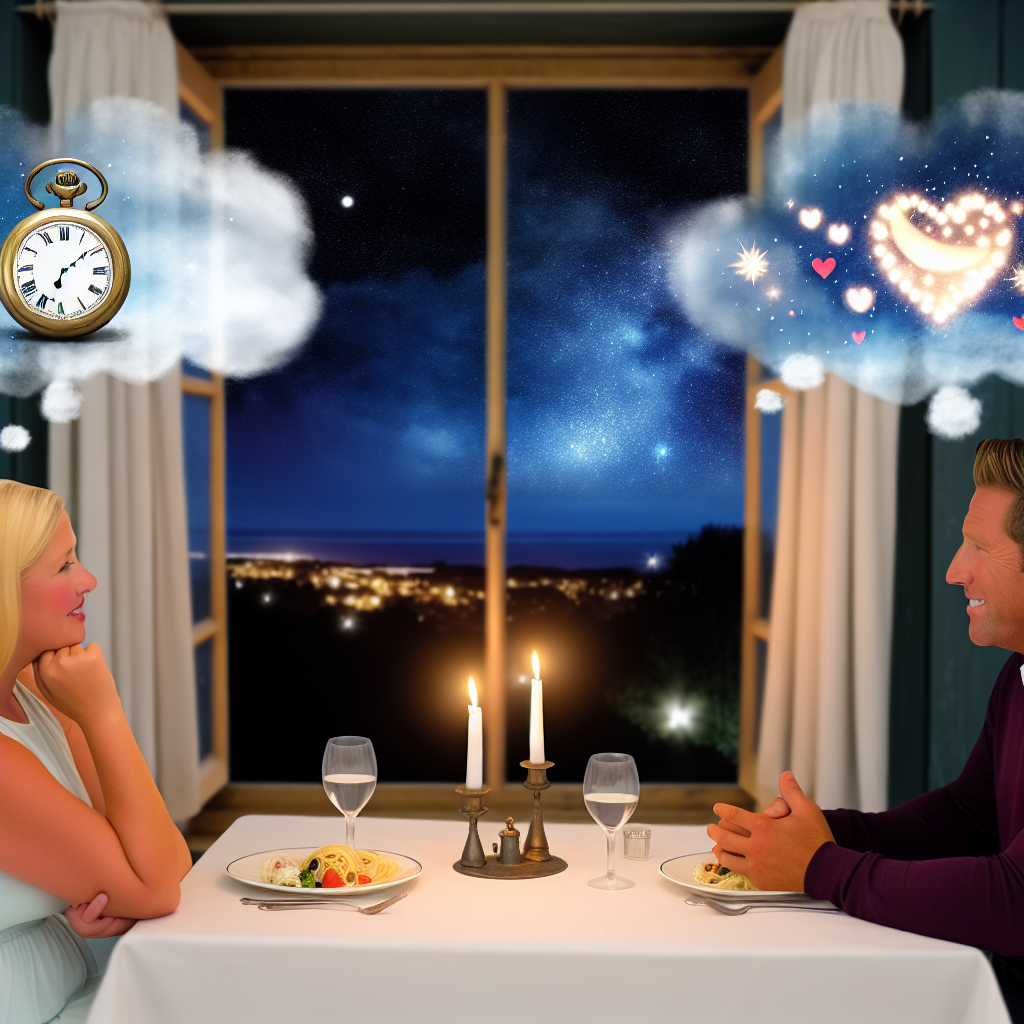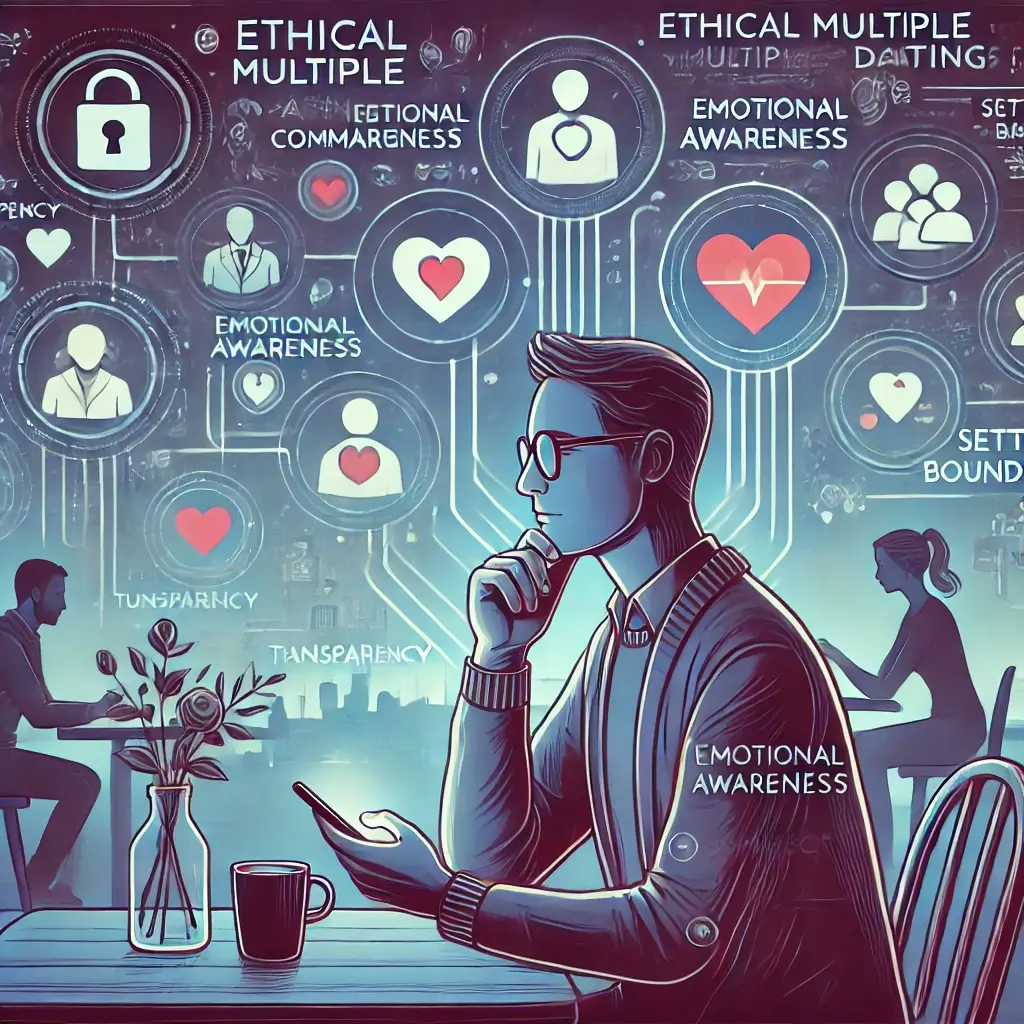Reclaiming Confidence After Rejection: A Dating Mindset Reset
Dating can be equal parts exciting and nerve-wracking, regardless of whether you’re 21 or 71. It brings the promise of companionship, connection, and romantic chemistry. However, the path to finding a compatible partner is not without obstacles. One of the most emotionally complex parts of modern dating is rejection. Whether it’s a brief encounter through a dating app chat, an unreciprocated second date, or a longer-term relationship that didn’t quite work out, rejection can sting—deeply. It often leaves people questioning their worth, desirability, and readiness for future opportunities.
In today’s swipe-right culture, rejection appears more frequently than ever and often more casually. Yet its impact is intensely personal. Singles of all ages and backgrounds find that rejection can rattle their confidence, skew their self-perception, and even trigger emotional withdrawal from the dating scene entirely.
The Psychology of Rejection: Why It Hurts So Much
Rejection may feel like a unique emotional pain, but science shows it’s far more physiological than we might assume. A study published in Science found that social rejection activates the same areas of the brain as physical pain—the anterior cingulate cortex and the insula ([Eisenberger, Lieberman, & Williams, 2003](https://www.science.org/doi/10.1126/science.1089134)). This neural overlap helps explain why rejection can literally “hurt” and why the aftermath lingers emotionally.
Beyond brain chemistry, social psychologist Mark Leary found that rejection impacts what’s called the “sociometer”—our internal gauge of self-worth in relation to how we believe we’re being socially included or excluded ([Leary et al., 1995](https://doi.org/10.1037/0022-3514.68.3.518)). When we’re rejected, especially in a romantic context, our self-esteem momentarily dips. It’s not just a bruised ego—it’s a biological response.
Resilience Is Trainable: How Science Says You Can Heal
Despite these automatic reactions, resilience is well within reach. One key study from the University of California, Berkeley, revealed that individuals who practiced self-compassion after romantic rejection were more likely to recover emotionally and maintain a healthy sense of self ([Neff & Germer, 2009](https://doi.org/10.1002/jclp.20543)).
Self-compassion—treating yourself with the same kindness you would offer a good friend—proved more effective at rebuilding confidence than distracting yourself or jumping into a rebound relationship. This finding underscores the importance of patience, care, and non-judgmental self-talk in the aftermath of dating letdowns.
Rewrite Your Story: Using CBT to Reframe Rejection
Cognitive Behavioral Therapy (CBT), a widely used and scientifically supported psychological approach, teaches that our emotions are not caused by events themselves, but by how we interpret those events. For instance, changing your internal script from “I’m not good enough” to “This just wasn’t the right fit for me” can significantly shift your emotional state ([Beck, 2011](https://www.guilfordpress.co.uk/9781609185046)).
This cognitive shift stops the downward spiral of self-doubt and instead places you in the driver’s seat of your own narrative. You’re not the victim of rejection; you’re the curator of your romantic journey.
The Growth Mindset Advantage: Turn Rejection Into Insights
Your mindset matters more than you think. Research from Northwestern University and psychologist Carol Dweck stresses the power of adopting a growth mindset in relationships. People who viewed romantic setbacks as part of their learning process were more likely to bounce back and less likely to give up on dating ([Kammrath & Dweck, 2005](https://doi.org/10.1037/0022-3514.89.6.975)).
Instead of interpreting rejection as a permanent flaw in yourself, a growth mindset encourages the belief that it’s a moment of feedback—not failure. Every mismatched connection gets you closer to understanding who you truly want and deserve.
Conclusion: Rejection Is a Detour, Not a Dead-End
Rejection isn’t a sign you’re unworthy—it’s a moment that can lead to deeper clarity and more authentic relationships. By understanding the very real, science-backed effects rejection has on our brains and self-esteem, we can learn to navigate it with grace and resilience.
Treat yourself with compassion, embrace the lessons rejection offers, and empower your next steps with a fresh mindset. You deserve a dating life filled with joy, intention, and unshakable self-worth—rejection doesn’t change that, but how you grow from it can elevate it.
Summary:
Rejection can deeply impact our self-esteem and confidence, but understanding the science behind it and adopting a resilient mindset can help singles rebound stronger. This article explores the psychology of rejection, evidence-based strategies for healing, and how to cultivate a growth-oriented perspective to transform setbacks into opportunities for greater self-awareness and authentic connection.
References:
– [Eisenberger, N. I., Lieberman, M. D., & Williams, K. D. (2003). Does rejection hurt? An FMRI study of social exclusion. *Science*, 302(5643), 290-292.](https://www.science.org/doi/10.1126/science.1089134)
– [Leary, M. R., Tambor, E. S., Terdal, S. K., & Downs, D. L. (1995). Self-Esteem as an Interpersonal Monitor: The Sociometer Hypothesis. *Journal of Personality and Social Psychology*, 68(3), 518–530.](https://doi.org/10.1037/0022-3514.68.3.518)
– [Neff, K. D., & Germer, C. K. (2009). A Pilot Study and Randomized Controlled Trial of the Mindful Self‐Compassion Program. *Journal of Clinical Psychology*, 65(6), 613-626.](https://doi.org/10.1002/jclp.20543)
– [Beck, J. S. (2011). *Cognitive Behavior Therapy: Basics and Beyond*. The Guilford Press.](https://www.guilfordpress.co.uk/9781609185046)
– [Kammrath, L. K., & Dweck, C. S. (2005). Voicing Conflict: Preferred Responses to Relationship Transgressions. *Journal of Personality and Social Psychology*, 89(6), 975–992.](https://doi.org/10.1037/0022-3514.89.6.975)

Dominic E. is a passionate filmmaker navigating the exciting intersection of art and science. By day, he delves into the complexities of the human body as a full-time medical writer, meticulously translating intricate medical concepts into accessible and engaging narratives. By night, he explores the boundless realm of cinematic storytelling, crafting narratives that evoke emotion and challenge perspectives. Film Student and Full-time Medical Writer for ContentVendor.com




